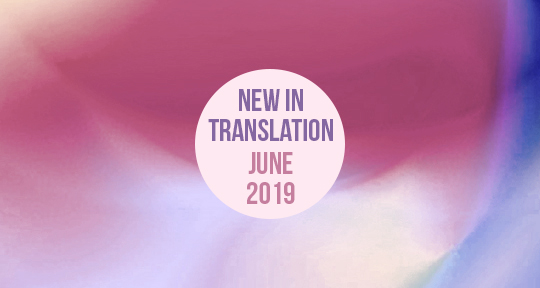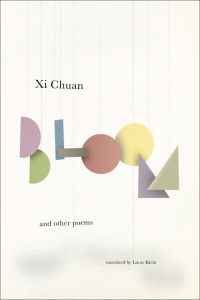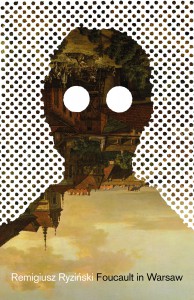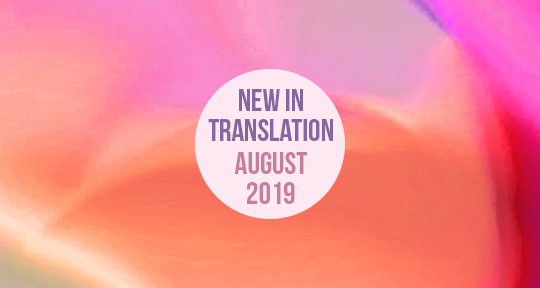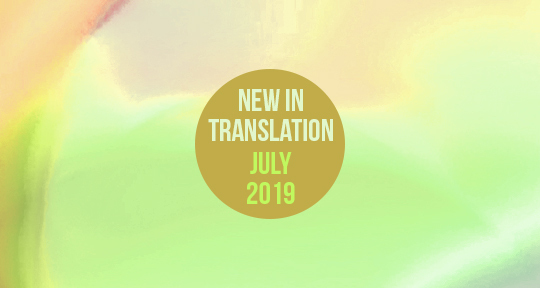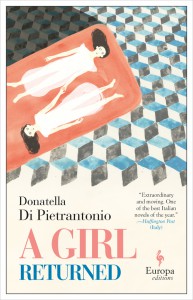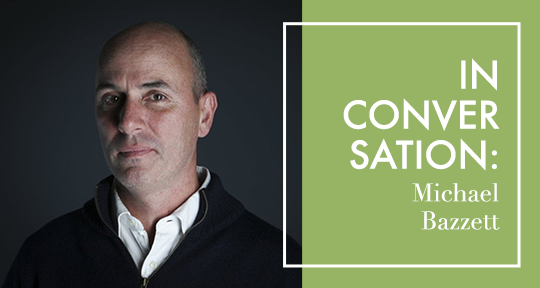Not sure what to read this summer? Our team has you covered with reviews of this month’s most anticipated literature in translation, including a Brazilian bestseller set in the favelas of Rio de Janeiro, an Egyptian writer’s take on life in the USSR, and an entertaining novel from a beloved Bengali author.
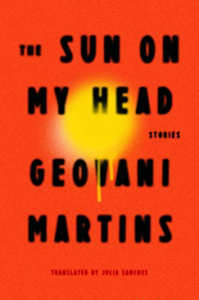
The Sun on My Head by Geovani Martins, translated from the Portuguese by Julia Sanches, Farrar, Straus and Giroux, 2019
Reviewed by Daniel Persia, Editor-at-Large for Brazil
Look out for blowtorches and the BOPE in Geovani Martins’s debut, The Sun on My Head, a collection of thirteen short stories that bring us into the heart of twenty-first century life in Rio’s favelas. Tensions run high between the police, drug slingers and traffickers, and the men, women, and children trying to live their everyday lives. Martins shows us that the language of the favelas is just as legitimate as the language of the academy, keeping “literature” true to everyday form. Julia Sanches preserves this legitimacy in English, delivering a carefully crafted translation filled with colloquialisms, slang, and Portuguese. The result is “some real trifling shit”—a wild ride that exposes us to the complexities of life in the periphery and the complexities of translating that life from one language into another.
Published in Brazil just last year, 2018, O sol na cabeça became an instant bestseller—a literary sensation that brought the voice of twenty-six-year-old Martins into the spotlight. Martins draws on his experiences of living in a favela to paint a modern-day picture of an ever-evolving Rio—particularly around the time of two major international events: the 2014 World Cup and the 2016 Olympics. In “Spiral,” we see how racial and class profiling begins at a young age, and how irrational assumptions are perpetuated through inherited distrust. Those who live in the favelas are feared by the private school kids, the teenagers taking tennis lessons and the people waiting, anxiously, at the bus stop. “I remembered how that same old woman who’d trembled with fear before I’d given her reason to certainly hadn’t given any thought to how I probably also had a grandma, a mother, family, friends,” the narrator reveals, in a statement that demonstrates one of the overarching premises of the collection: to turn these stories on their head, to legitimize the experiences of those who face prejudice by representing them as whole human beings. The old lady walking on the street, clutching her bag, eyes turned sideways, isn’t the one telling the story anymore… READ MORE…

